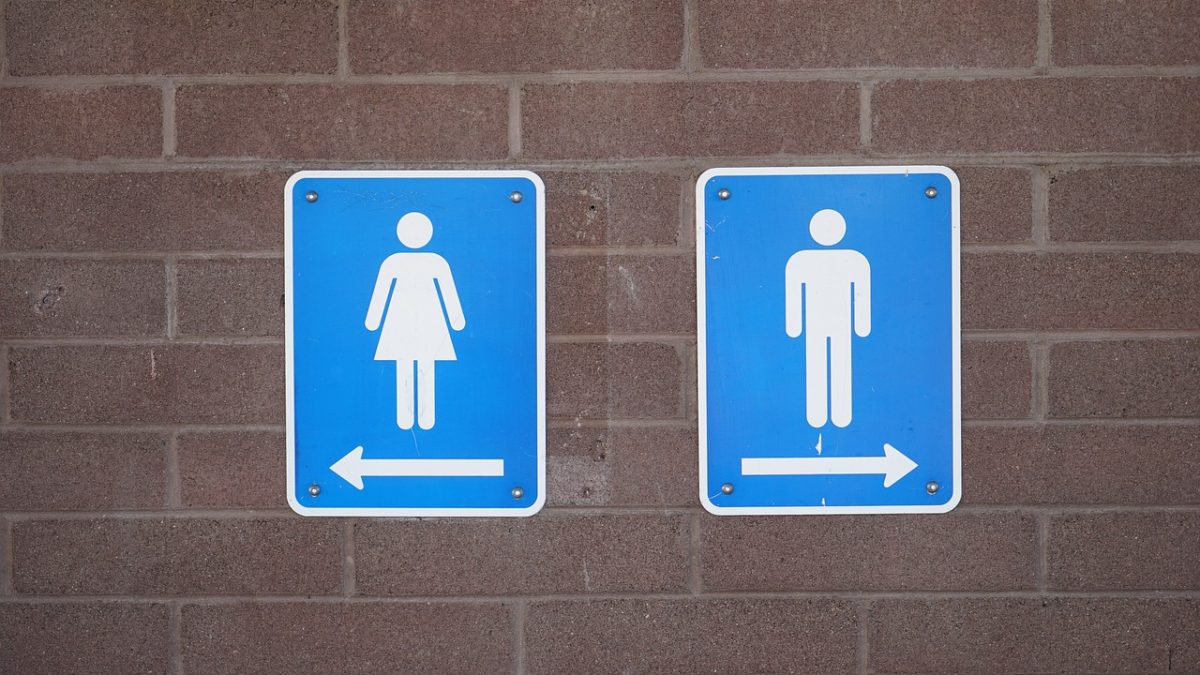
Do you find yourself rushing to get to the toilet on time? Have you ever had an accident when you couldn’t find a bathroom? You’re not alone. Around 13 million people in the United States have been diagnosed with some form of urinary incontinence, and it can arise from a variety of different causes. It is common for mothers to experience it during pregnancy and after giving birth, and is frequently observed in men with enlarged prostates. It could also be caused by nerve damage or bladder or pelvic floor muscles that have weakened with age.
Whatever the underlying causes, having a weak bladder can be frustrating, inconvenient, and embarrassing. It can prevent you from taking part in social activities and make you feel uncomfortable leaving the house when you’re unsure where the nearest bathroom will be.
Fortunately, there are some steps you can take to alleviate the problem and help you hold in your pee for longer while avoiding any unpleasant accidents.
Reduce your caffeine and alcohol intake
Perhaps you need a cup of coffee to wake you up in the morning, or a glass of red wine to wind down at night. But unfortunately, both caffeine and alcohol are diuretics, meaning they increase the amount of urine your body produces. Reducing your intake will go a long way towards improving your bladder issues. Cutting down on alcohol will boost your overall health in many other ways. Sources of caffeine include coffee, tea, fizzy drinks, chocolate, and certain medications.
Strengthen your pelvic floor muscles
One of the most common causes of urinary incontinence is an overactive bladder. This can be alleviated with the help of Kegel exercises, which strengthen your pelvic floor muscles. The first thing you need to do is to locate this group of muscles. Next time you go to the bathroom, try to hold in your stream of urine midway through the process. The muscles that you use to do is are the pelvic floor muscles. Once you have found them, you can commence using Kegel exercises to strengthen them. Contract your pelvic floor muscles and hold it for five to ten seconds before relaxing. Complete a session of thirty contractions twice a day, and after a few months, you will start to notice improvements in your bladder control.
Avoid bladder irritants
Certain substances are known irritants to the bladder and can increase your risk of losing control. These can include citrus fruits, spicy foods, tomatoes, apples, and corn syrup. Try to experiment with cutting out certain types of food and observing whether it makes a difference.
Train your bladder
In order to reduce the number of times you need to use the bathroom in a day, training your bladder can be highly effective. Try to follow a regular bathroom schedule, and when you feel the urge coming on, hold it in for ten minutes if you can, gradually increasing the length of time between bathroom visits.
Seek further help
If you find you cannot treat your bladder control problems through lifestyle changes alone, you may wish to consider talking to a medical professional. They may prescribe medication, surgery, or other solutions. If it is having a significant impact on your life, read this article about incontinence underwear for another possible solution.
















